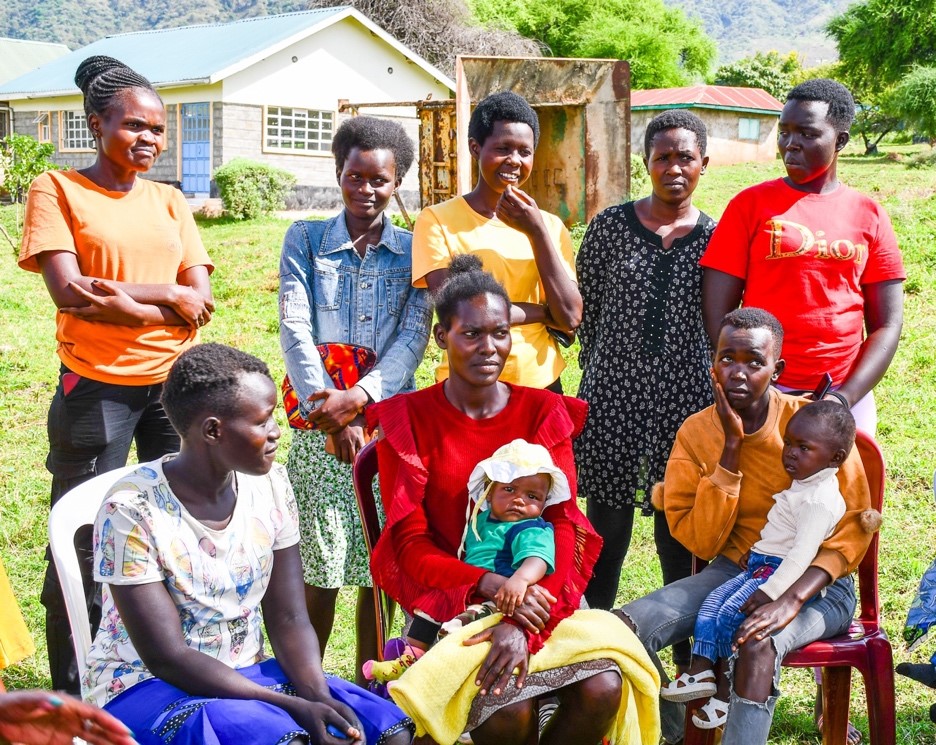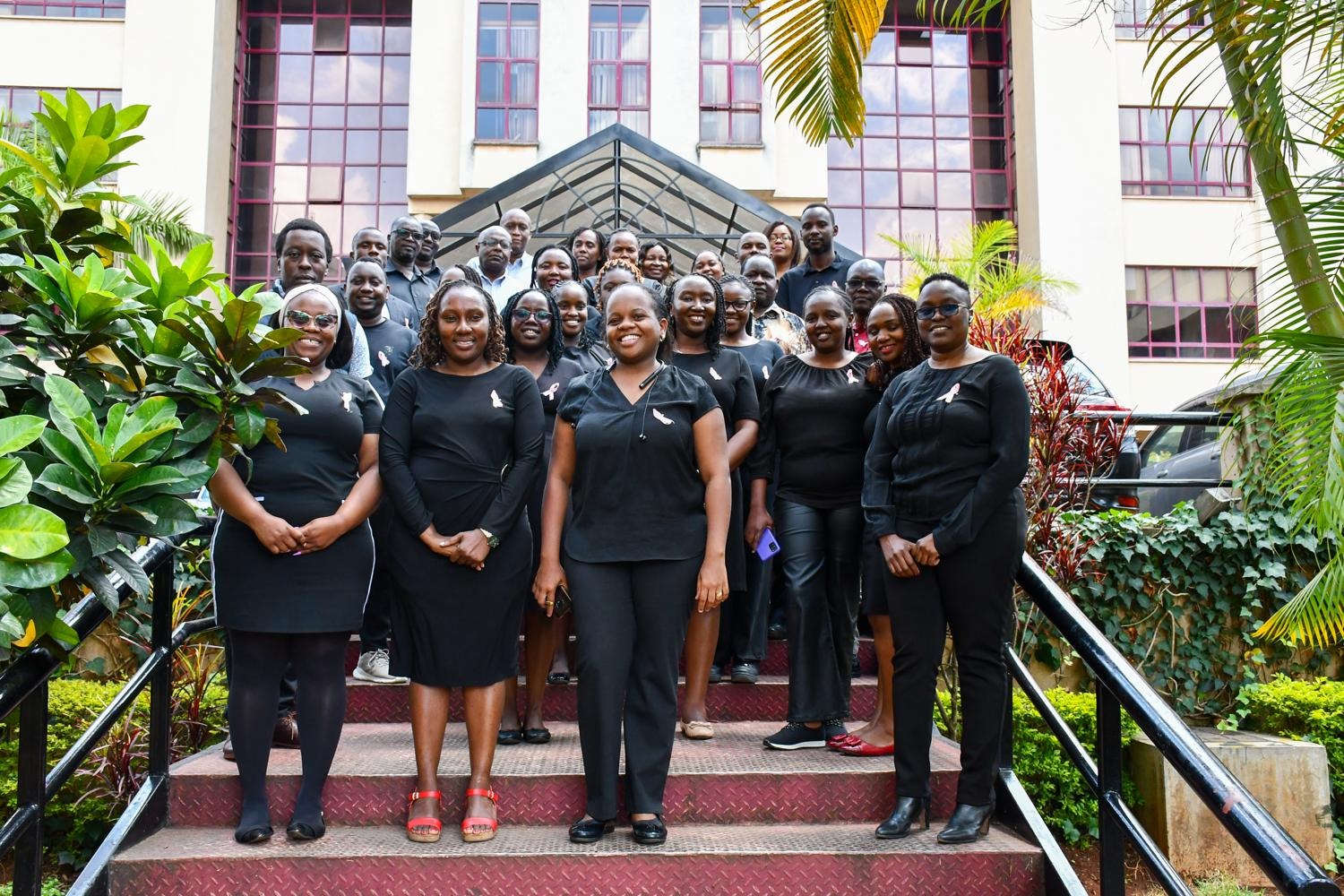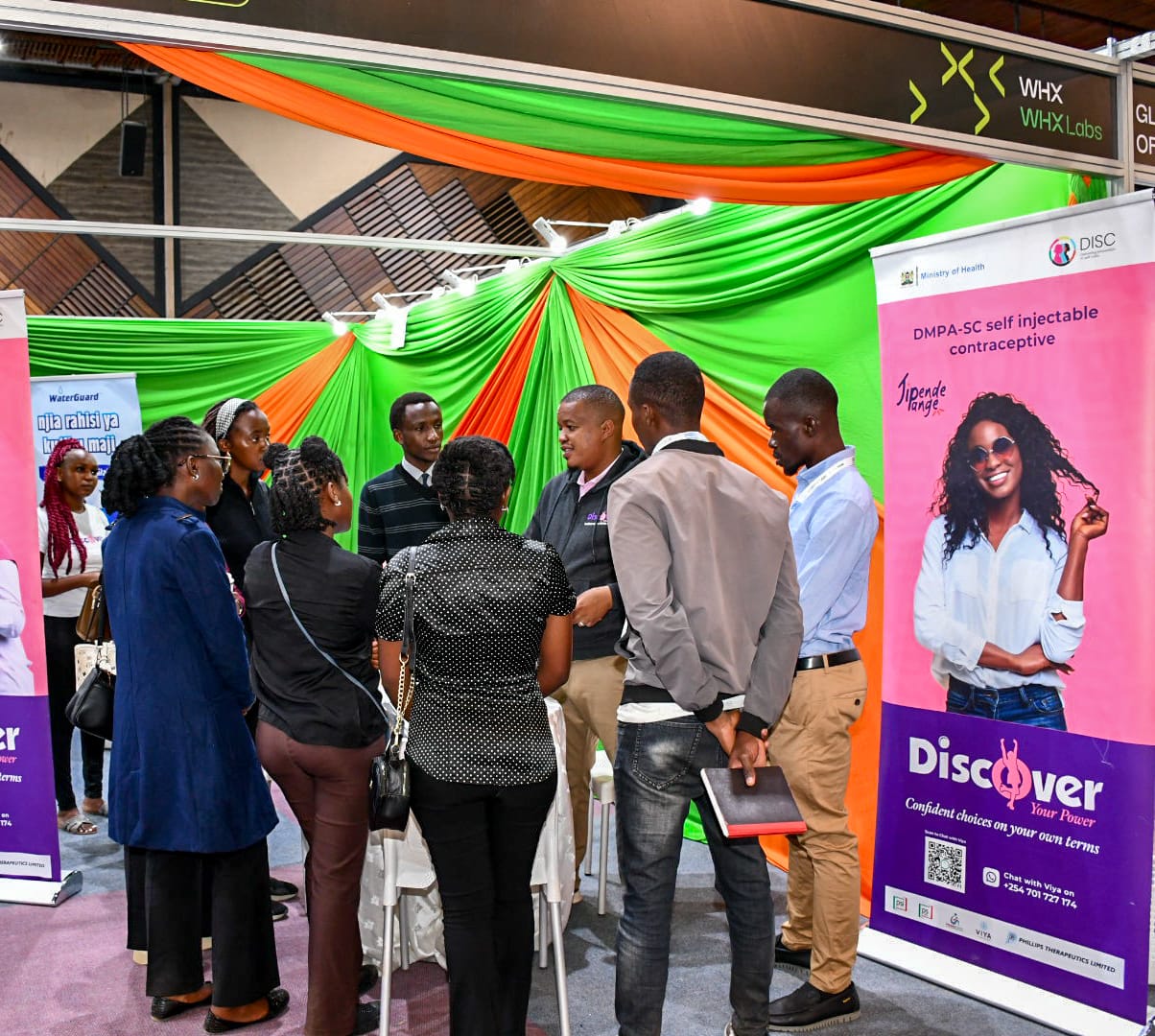The experience of walking into facilities in West Pokot County, meeting with different groups of Community Health Promoters(CHPs) exuding deep passion in their course to spread word on Sexual Reproductive Health(SRH), youth representatives full of strength, and beneficiaries whose smiles were a clear indication of satisfaction, is one that will not be easily forgotten.
We sat to a buffet of inspiring narratives that painted a picture of the DESIP programme, a well implemented six-year initiative that was able to deliver immensely in the region.
West Pokot county According to the 2014 Kenya Health Demographics Support Survey, the family planning uptake in the County is at 26 percent, ranking it third in Kenya for having a low adoption rate of child spacing methods. This is largely attributed to deeply entrenched traditional beliefs, illiteracy which continue to hinder the efforts of women who wish to practice family planning.
In our quest to reach out some of the programme’s beneficiaries, we met with Viona (Not her real name) who left everyone present widely ajar by her story that was full of infectious humor, narrated with a deep-seated Kalenjin accent. As she spoke, one could easily see the mixture of joy and satisfaction in her eyes, reflecting the transformative impact of DESIP’s family planning programme on her life and that of her family.

“When I think of how my marriage and life has changed,” Viona began, her voice filled with palpable joy, “it’s like a dream come true. Thanks to family planning, my husband loves me more, I have given birth to three very clever and healthy children, which is a result of child spacing and the uptake of family planning services. I have truly been empowered by the knowledge gained from DESIP.”
Her enthusiasm and joy could be felt by everyone in the room as they were all smiling, clearly resonating with her present feeling.
Viona has cleverly managed to escape the staggering reality where approximately 76 percent of women in West Pokot have not embraced family planning methods, which has led to rapid population growth in the county creating a negative ripple effect on the county’s socio-economic activities.
According to data teenage pregnancies in West Pokot stand at 29 percent. This means that three out of every ten teenage girls have either already had their first child or are currently pregnant.
With this reality on ground, DESIP programme engages with the young adolescents in providing knowledge on sexuality and family planning.
Engaging with the young adolescents, we meet Leah (Not her real name), who made it clear that DESIP was the age’s messiah.
Living in West Pokot, where teenage pregnancies were alarmingly common, she felt a heavy weight on her, leaving her hopeless and despondent. One day, a Community Health Promoter met with Leah as part of a family planning outreach who spoke passionately about the importance of reproductive health and offered various contraceptive options to the young women present. Leah, initially hesitant and shy, found herself drawn to the CHPs empathy causing her to accept the family planning methods.
“Before DESIP, I was on a different path,” she explained, her eyes serious yet hopeful. “Like many young girls, I faced the threat of early pregnancy and dropping out of school. But now, with the knowledge and support from DESIP’s programme, I can pursue my education confidently.”
The youth present, some holding their children on their laps nodded in agreement, with hope written all over their faces. They had seen too many dreams derailed by unexpected pregnancies, but now, with information and access to family planning services, they were reclaiming control over their futures. To these ones, DESIP was the long-awaited savior who came to salvage destinies that were almost detoured.
West Pokot ranks second highest among the 47 counties in teenage pregnancies, with a rate of 36 percent, according to the Kenya Demographic and Health Survey 2022 report. These pregnancies bring about serious health, psychosocial, and economic risks, often leading to girls being ostracized by their families.
Having had a firsthand encounter with the beneficiaries in West Pokot, was crystal clear that the impact of DESIP’s family planning programme was not superficial but rather a testament to genuine community engagement and transformative action.



